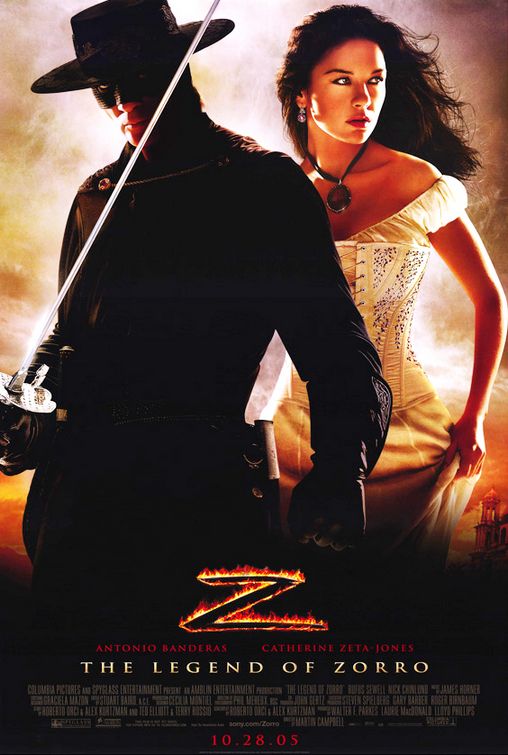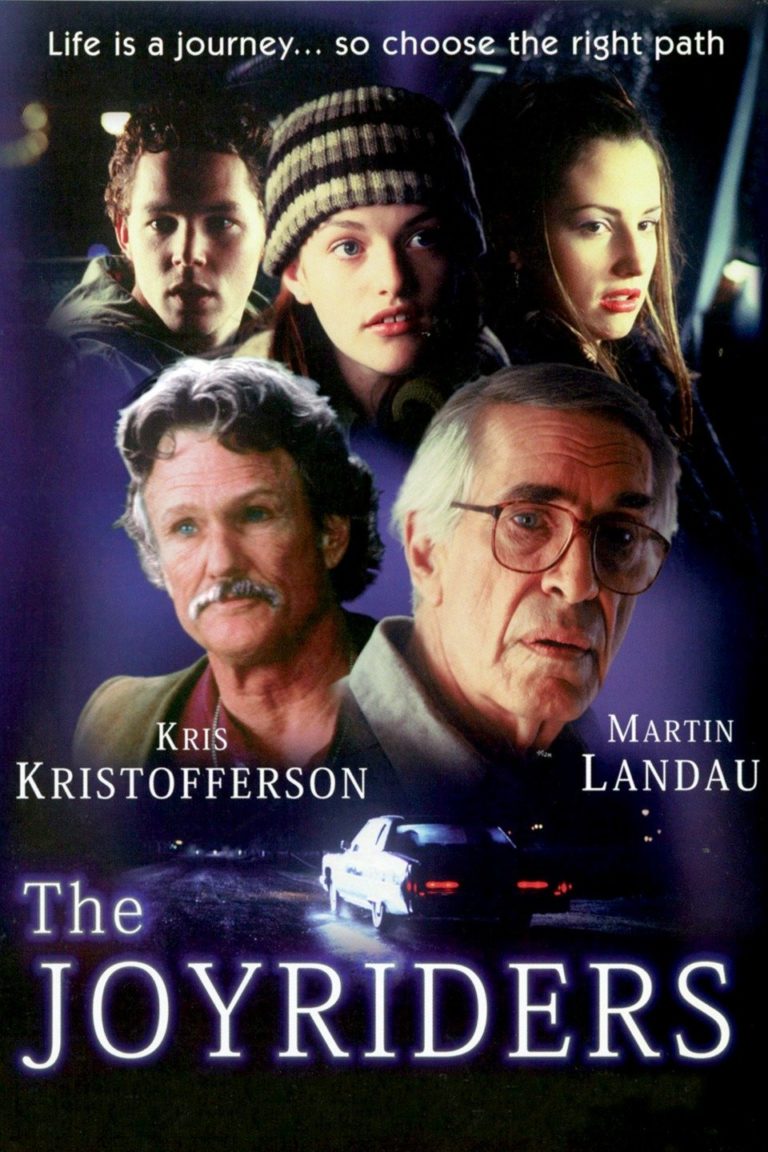By Tom Snyder, Editor, with Ben Kayser, Managing Editor On January 22, Google, by way of a “doodle” on the search engine’s home page, celebrated the birthday of infamous Soviet film director Sergei Eisenstein who helped usher a few modern film techniques like montage editing and crowd movements in acclaimed movies THE BATTLESHIP POTEMKIN, OCTOBER, STRIKE, and others. According to Digital Film Archive, Eisenstein’s filmmaking style and technique has influenced well-known Directors like Alfred Hitchcock, Stephen Spielberg, Martin Scorsese and likely countless others. In turn, Eisenstein was influenced himself by the work of American filmmaker D.W. Griffith, especially Griffith’s epic movie INTOLERANCE, and Griffith was influence by Col. William Selig, “the man who invented Hollywood.” What Google’s fails to mention in its celebration of the filmmaker is that Eisenstein was a useful propagandist for Soviet dictator Joseph Stalin, who murdered between 20 and 60 million people. According to the Independent, “All of Eisenstein’s films were undertaken with political ends in mind, as the Kremlin approved all contemporary projects on the understanding that they would demonstrate to their own people and to the world at large the obvious supremacy of Communist art and the might of the USSR as a political force.” Eisenstein was raised as an Orthodox Christian but became an atheist after his wayward mother left his father and his parents divorced around 1910, and he eventually joined the Red Army in 1918. Born in 1898, he hated his father’s authoritarian manner and middle-class values and was fascinated by images of torture and sadism (“Sergei Eisenstein: A Life in Conflict,” by Ronald Bergan, http://www.nytimes.com/books/first/b/bergan-eisenstein.html?_r=1), having admittedly become enamored at age 12 by one of his mother’s books, a book by the Marquis de Sade, and at age 13 by the lurid violence on the covers of “penny dreadfulls.” Eisenstein admitted his mother’s books on sadism, which also included “The Torture Garden” by Octave Murbeau, “aroused ‘an alarming streak of brutality’ within him, and influenced ‘the ocean of brutalities in which my pictures are steeped,’” http://www.nytimes.com/books/first/b/bergan-eisenstein.html?_r=1. For example, his most famous movie scene is of a massacre of civilians in 1905 by Russian soldiers on a giant outdoor stairway in Odessa, Ukraine in THE BATTLESHIP POTEMKIN, the 1925 movie that the Soviet Union used as a propaganda tool. In the scene, children are crushed and a man wearing horn-rimmed glasses is shot in the eye. Other sequences in Eisenstein’s movies show people being gunned down by the hundreds, farm laborers having their skulls crushed by the hoofs of horses, and children being thrown onto flaming pyres. Eisenstein admitted his fascination with brutality and violence led to his fascination with the infamous Russian Tsar named Ivan the Terrible. His last two movies are two parts of a trilogy about Ivan. The leftist Soviet dictator Joseph Stalin reportedly thought the second part hit too close to home, so the Soviet government banned both movies and Eisenstein was not allowed to make the third part of the trilogy. By the way, while making a movie in Mexico in 1930 and 1931, he reportedly drew hundreds of sketches of the beheading of John the Baptist (“Sergei Eisenstein” by Ronald Bergan, ibid.). Along with his fascination of sadism, Eisenstein was also attracted to books about the French Revolution, including the use of the guillotine. It was in his father’s collection of books that he found many such books, and one of the books was Karl Marx’s pamphlet on the Paris Commune in 1871, a major historical treatise on Marx’s communist ideology. Eisenstein was also inspired by Victor Hugo’s discussion of “social injustice” in “Les Misérables.” In his writings, Eisenstein often compares his social rebellion as a Marxist to “the father’s despotism in the family.” He writes, “Father was a pillar of the church and the autocracy” (http://www.nytimes.com/books/first/b/bergan-eisenstein.html?_r=1). In fact, Eisenstein’s hatred of his father even extended to his father’s style as an architect, which Eisenstein thought was too flowery. Perhaps this is one reason he was attracted to the “historical materialism” of Marx, Lenin, Trotsky, and Stalin. Eisenstein was not the only communist filmmaker of the silent era in the Soviet Union who became an acclaimed filmmaker of the so-called “Revolution.” Also honored were documentary filmmaker Dziga Vertov (MAN WITH A MOVIE CAMERA) (whose real name was David Kaufman and whose pseudonym means “Spinning Top” in Ukrainian) and realist filmmaker Vsevolod Pudovkin (MOTHER). Vertov’s experimental approach toward documentary filmmaking style was more like Eisenstein’s while Pudovkin’s editing and filmmaking style focused on telling dramatic, compelling, realistic stories of individuals involved in social struggles. Eventually, Pudovkin’s style fit more in line with the “socialist realism” favored by Stalin’s regime, which left Vertov and Eisenstein on the edges of acceptability. Eisenstein drew more suspicion when he traveled to the West in the early 1930s and even signed a contract to make a movie in Hollywood, though the deal never came to fruition. Eisenstein regained favor with Stalin when he made ALEXANDER NEVSKY, a 1938 movie about a Russian folk hero who defeats some German invaders featuring music by the great Russian composer Prokofiev. Before and after Stalin signed a short-lived pact with Hitler to divide Poland between them, the movie was extremely popular in Stalin’s regime. After World War II, however, Eisenstein suffered two heart attacks, eventually dying in 1948 at the age of 50. Eventually, Eisenstein and Vertov’s more experimental styles became more popular among Marxist ideologues than socialist realism, though you can still see examples of both styles in modern movies. Many Marxist intellectuals feel that a socialist or communist revolution requires a revolutionary technique. These intellectuals also favor the radical, experimental technique of communist playwright Bertolt Brecht (THE THREEPENNY OPERA), a style which France’s leading Marxist filmmaker Jean-luc Godard (WEEKEND and PIERROT LE FOU) has used to great, but sometimes annoying, effect. As a result, many award shows handing out accolades to movies more often than not tend to reward “revolutionary” movies with “revolutionary” Neo-Marxist styles and politically correct messages and viewpoints attacking (or even mocking) traditional values. Ironically, Eisenstein and Vertov became victims of Stalin’s “socialist realism” in the Soviet Union. The violent revolutionary regime they served eventually destroyed them. Thus, their Faustian bargain with the Marxist devils in Soviet Russia came to a sad, but predictable, end. Now more than ever we’re bombarded by darkness in media, movies, and TV. Movieguide® has fought back for almost 40 years, working within Hollywood to propel uplifting and positive content. We’re proud to say we’ve collaborated with some of the top industry players to influence and redeem entertainment for Jesus. Still, the most influential person in Hollywood is you. The viewer. What you listen to, watch, and read has power. Movieguide® wants to give you the resources to empower the good and the beautiful. But we can’t do it alone. We need your support. You can make a difference with as little as $7. It takes only a moment. If you can, consider supporting our ministry with a monthly gift. Thank you. Movieguide® is a 501c3 and all donations are tax deductible. Now more than ever we’re bombarded by darkness in media, movies, and TV. Movieguide® has fought back for almost 40 years, working within Hollywood to propel uplifting and positive content. We’re proud to say we’ve collaborated with some of the top industry players to influence and redeem entertainment for Jesus. Still, the most influential person in Hollywood is you. The viewer. What you listen to, watch, and read has power. Movieguide® wants to give you the resources to empower the good and the beautiful. But we can’t do it alone. We need your support. You can make a difference with as little as $7. It takes only a moment. If you can, consider supporting our ministry with a monthly gift. Thank you. Movieguide® is a 501c3 and all donations are tax deductible.


Share:



 - Content:
- Content: 

 - Content:
- Content: 